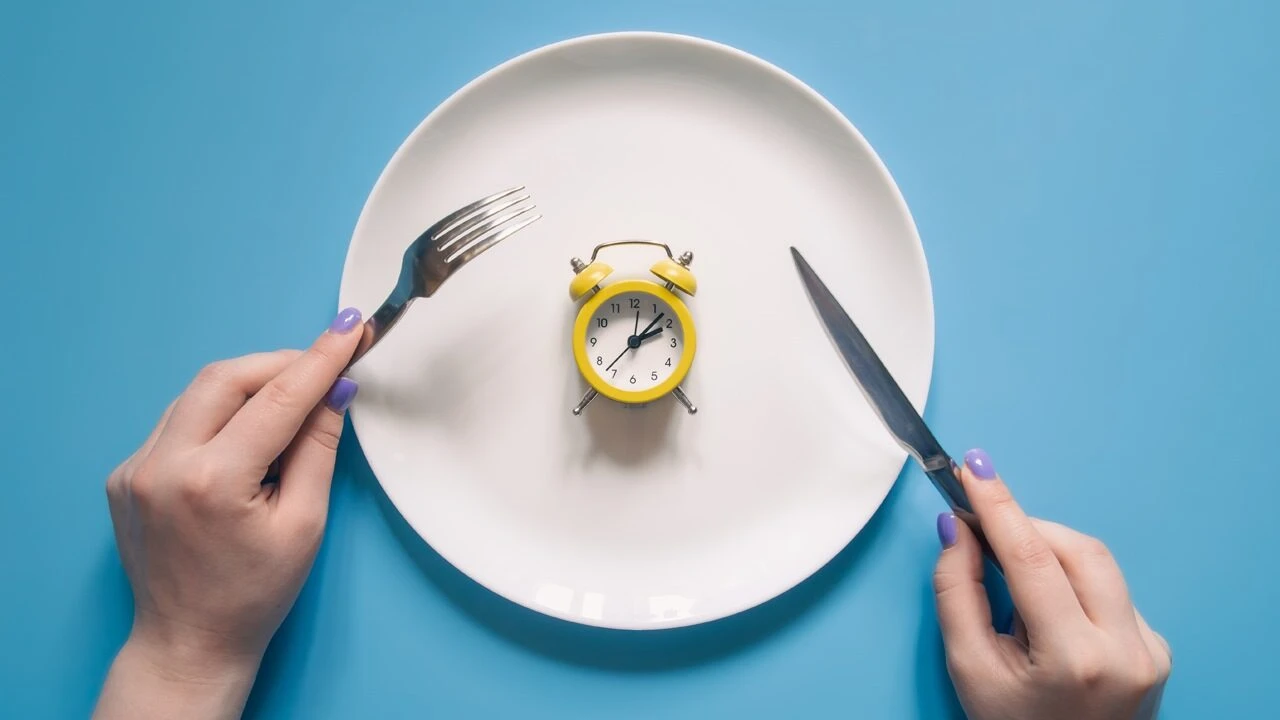The month of Ramadan provides a spiritual journey and a self-control process for those observing fasting. Sustaining a healthy diet during this period may pose challenges, but with meticulous meal planning, it becomes feasible to fast while nourishing the body, sustaining high energy levels, and feeling satiated throughout the day. We’ve compiled some valuable ramadan fasting tips for maintaining healthy eating habits just for you!
The pre-dawn meal, Sahur, holds significant importance in maintaining energy levels throughout the day. It is advised to follow a well-balanced diet that includes complex carbohydrates, proteins, healthy fats, and an ample amount of water. Choose whole grains like brown rice, quinoa, or whole wheat bread; opt for lean protein sources such as grilled chicken, fish, or legumes; and incorporate healthy fats from nuts, olives, and avocados. Enhance your meal with fruits and vegetables to add extra fiber and essential nutrients.
For Iftar, you can start with dates and water to replenish your body’s sugar levels and support hydration. This should be followed by a well-rounded meal comprising lean proteins, complex carbohydrates, and a variety of vegetables, similar to Sahur.
Dehydration can be a significant concern during extended fasting hours, making water your ultimate companion. Ensure you stay well-hydrated between Iftar and Sahur, and opt for water-rich foods like watermelon and cucumber to boost your fluid intake.
Protein plays a crucial role in sustaining fullness over an extended period and preserving muscle mass. Therefore, contemplate adopting a protein-focused diet during Ramadan to maintain energy levels throughout the day. Include sources such as lean meats, legumes, dairy products, and plant-based proteins in your meals. For a convenient and flavorful protein boost, consider trying Muscle Cheff’s high-protein snacks.
To extend the feeling of fullness during fasting, prioritize foods with longer digestion times. Examples of such foods include complex carbohydrates, fruits, vegetables, whole grains, and lean protein sources. Avoid sugary and fried foods, as they can lead to a decrease in energy and a faster onset of hunger. Opt for sugar-free alternatives like Muscle Cheff Protein Chocolates in your sweets and explore cooking methods such as baking, grilling, or steaming instead of frying.
In summary, maintaining a healthy Ramadan diet necessitates careful meal adjustments. By concentrating on a well-balanced diet with an adequate amount of protein, you can sustain your energy levels and physical health throughout the month. Don’t forget to add Muscle Cheff‘s protein snacks to your routine if you’re looking for a delicious way to support your protein intake!

